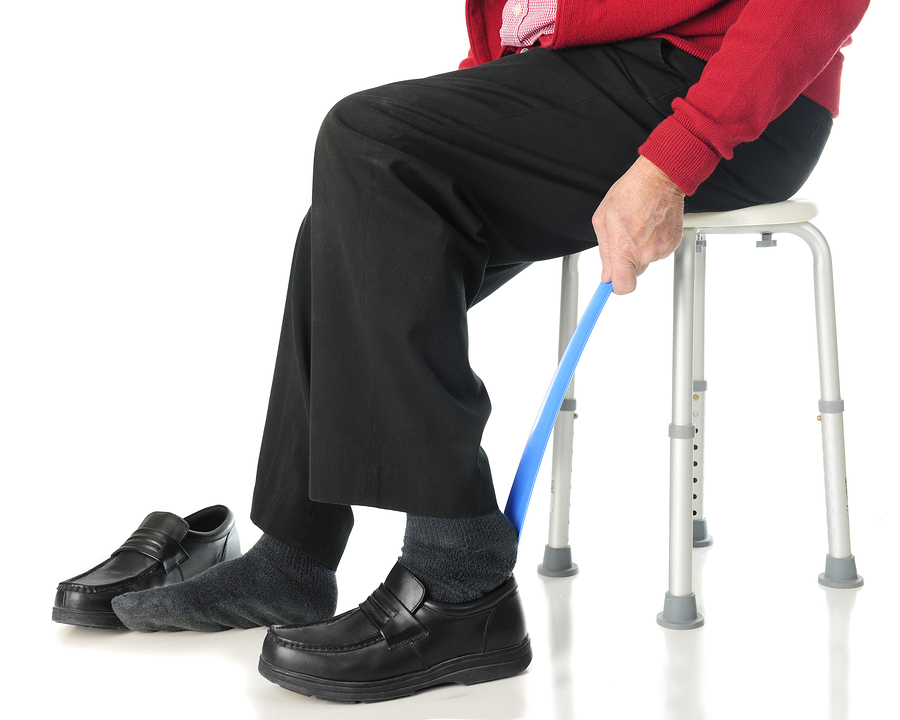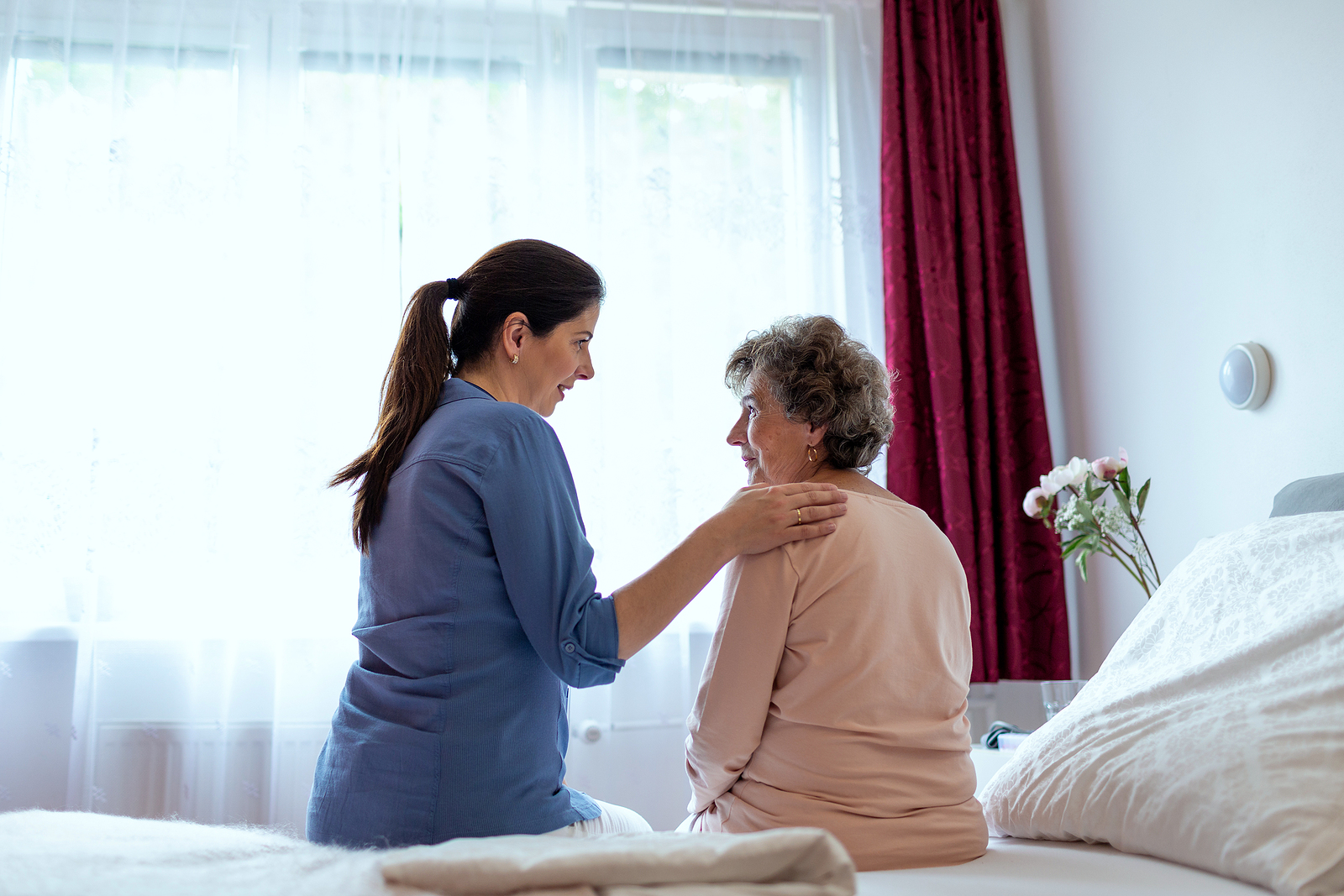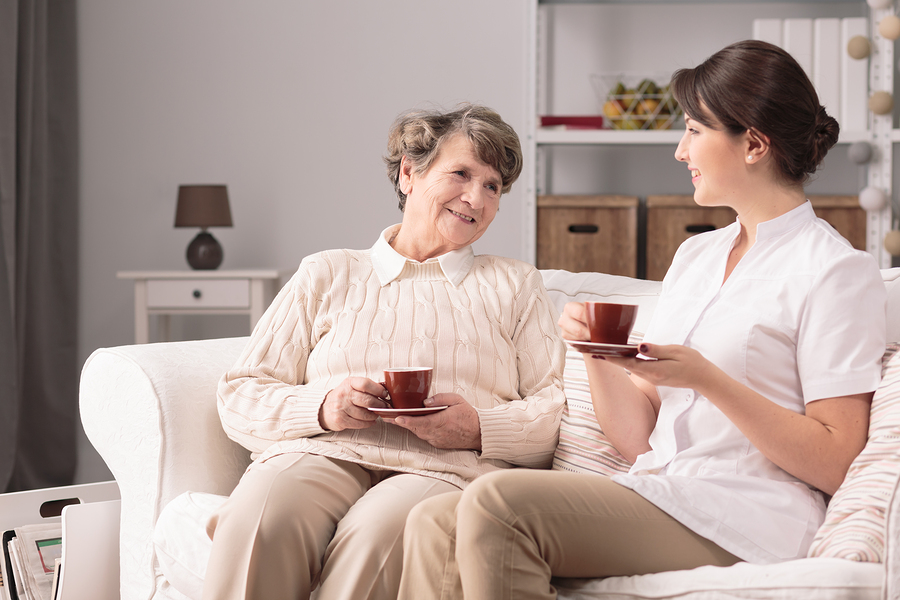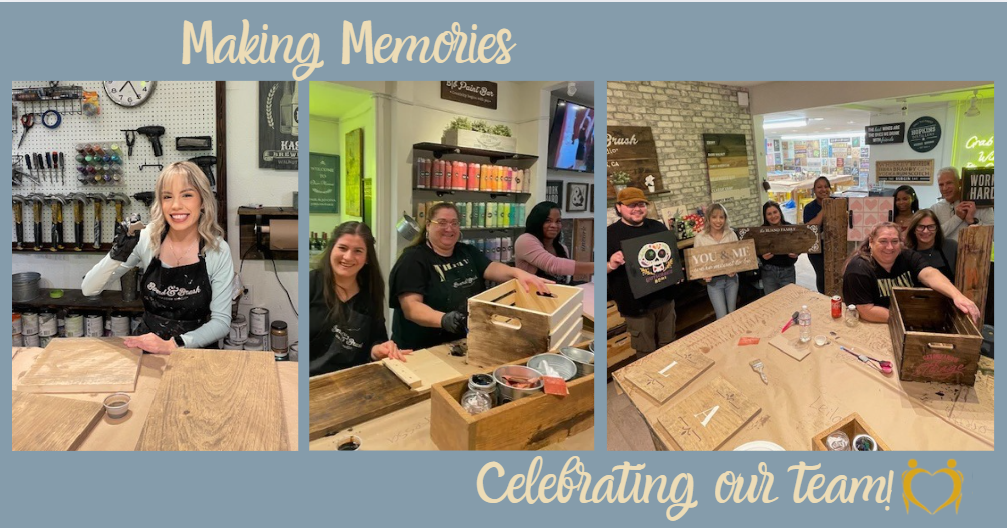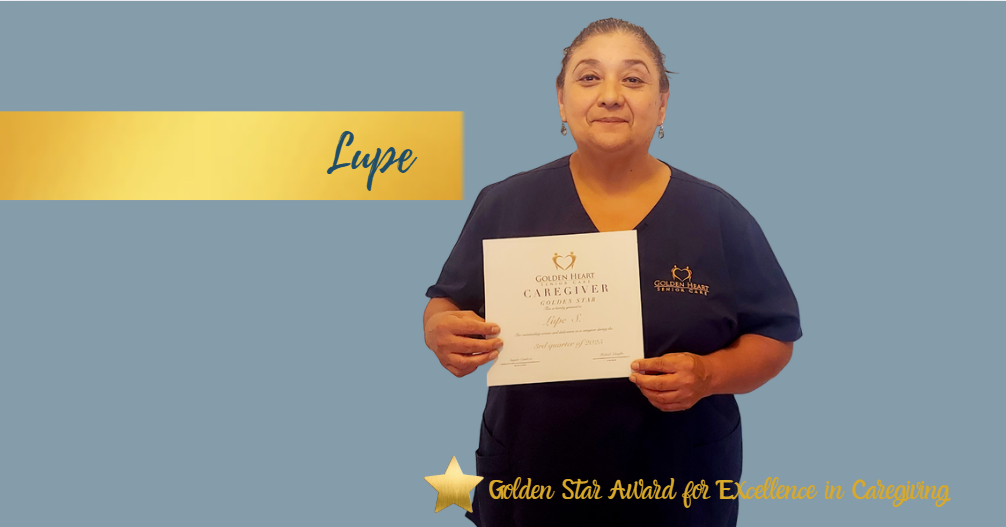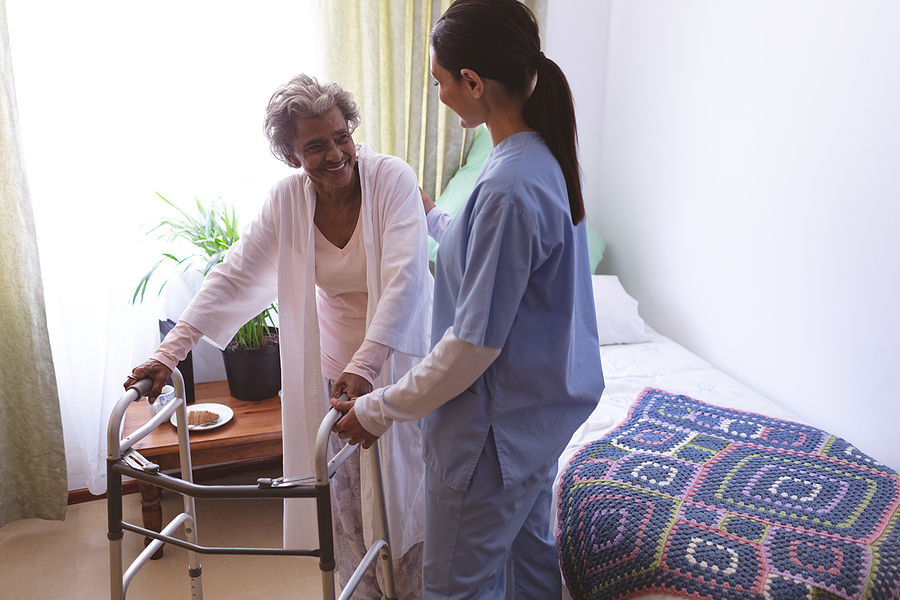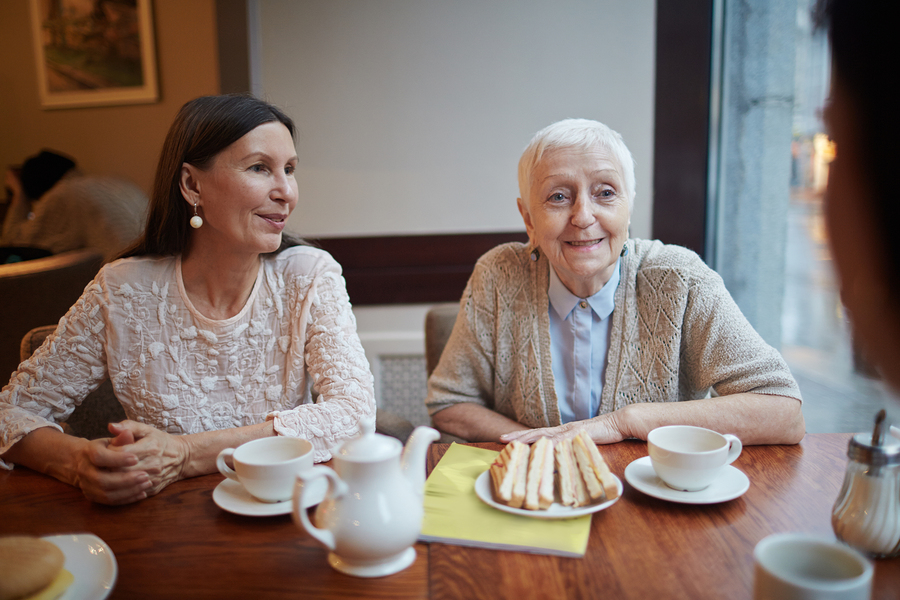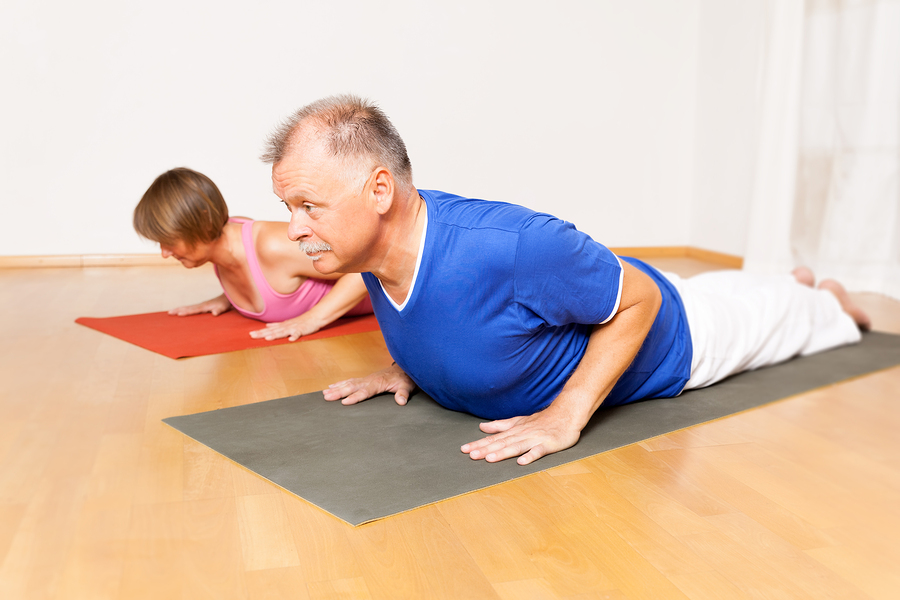As we grow older, even small details—like the shoes we wear—can have a big impact on our comfort, safety, and independence. Aging feet naturally change in structure and sensitivity, often becoming more prone to discomfort and injury. Unfortunately, many older adults don’t realize that their favorite, long-worn shoes may no longer provide the support their feet need. The wrong footwear can contribute to poor balance, joint strain, and even falls—one of the leading causes of injury among seniors.
This is where senior home care plays a vital role. In addition to helping with daily routines, caregivers provide invaluable support in identifying potential mobility risks, including those caused by improper footwear. By monitoring foot health, encouraging safe shoe choices, and assisting with dressing, home care professionals help seniors stay mobile and independent for longer.
How Feet Change With Age
Just as eyesight and hearing evolve with time, so do our feet. The natural fat pads on the soles become thinner, reducing shock absorption. Arches may flatten, and conditions such as arthritis, bunions, and diabetes can lead to swelling, stiffness, or pain. Nerves in the feet also become less sensitive, making it harder for older adults to notice discomfort or pressure points until an injury occurs.
Because of these changes, shoes that once fit perfectly can gradually become unsupportive or even harmful. Loose-fitting shoes can increase the risk of tripping, while tight shoes can cause blisters, calluses, or restrict circulation. For older adults with balance concerns, the wrong footwear can lead to a serious fall—an event that often results in long recovery times and reduced confidence in walking.
Foot Health and Diabetes: A Critical Connection
For seniors living with diabetes, proper footwear isn’t just about comfort—it’s about prevention. Diabetes can cause nerve damage (neuropathy) and reduced blood flow to the feet, meaning that small cuts, blisters, or pressure sores may go unnoticed and heal slowly. These minor injuries can quickly turn into serious complications if left untreated.
Home caregivers who support diabetic clients understand how essential it is to monitor foot health closely. They can help identify early signs of irritation, remind seniors to check their feet regularly, and ensure they’re wearing shoes that reduce friction and pressure. By combining routine observation with compassionate assistance, senior home care provides an added layer of protection for one of the most vulnerable parts of the body.
What Makes a Good Fit for Aging Feet?
Choosing the right footwear for seniors requires balancing comfort, stability, and practicality. The ideal shoe should include:
- Non-slip soles to prevent falls on smooth surfaces.
- Proper arch support to relieve strain on joints and muscles.
- Cushioned insoles to replace the natural padding lost with age.
- A roomy toe box to prevent crowding and irritation from bunions or hammer toes.
- A secure but gentle heel fit so the shoe doesn’t slip off.
- Easy fastenings, such as Velcro or elastic laces, for those with arthritis or limited hand strength.
Many seniors continue to wear old shoes because they feel “broken in,” but worn soles or stretched materials can undermine stability. Home caregivers often notice these subtle signs before family members do and can gently encourage replacements when needed.
How Senior Home Care Supports Foot Health and Safety
Senior home care is about more than assistance—it’s about awareness. Caregivers spend enough time with their clients to recognize small changes in mobility, gait, or posture that may signal discomfort or an emerging foot problem.
Here are a few ways caregivers actively promote foot health and independence:
- Footwear checks: Making sure shoes fit properly and are appropriate for the activity—whether walking, exercising, or relaxing at home.
- Dressing assistance: Helping seniors put on and remove shoes safely, especially when arthritis or flexibility issues make it difficult.
- Foot care reminders: Encouraging seniors to keep feet clean and dry, apply lotion to prevent cracking, and inspect for redness, swelling, or sores.
- Observation and communication: Reporting any concerns, such as new pain or skin changes, to family members or healthcare professionals.
- Encouragement for movement: Supporting seniors in maintaining gentle physical activity to improve circulation and overall foot health.
With this kind of consistent care, seniors gain not only practical help but also confidence—knowing someone is watching out for their comfort and safety each day.
Why Footwear and Home Care Go Hand in Hand
It’s easy to underestimate the role footwear plays in overall wellness, but for older adults, the connection between proper shoes and long-term independence is undeniable. Shoes affect balance, posture, circulation, and even mood—because when walking is comfortable, life feels more accessible and enjoyable.
By partnering with senior home care providers, families can ensure their loved ones receive attentive, personalized guidance on maintaining both mobility and safety. Caregivers can gently introduce new footwear options, encourage daily foot care habits, and monitor progress over time.
This partnership turns something as ordinary as getting dressed into an opportunity to support health and confidence.
Walking Toward Confidence and Independence
Proper footwear may seem like a small detail, but for seniors, it’s a foundation for independence. Supportive shoes reduce pain, prevent falls, and make it easier to stay active—all key ingredients for a healthy, fulfilling lifestyle.
With the attentive support of home care professionals, older adults can better understand their changing needs, stay ahead of potential issues, and continue moving through life with comfort and confidence. After all, every step matters—and the right shoes, paired with the right care, help ensure each one is safe and steady.
Sources:
https://www.emoryhealthcare.org/stories/wellness/foot-care-for-seniors-10-important-tips
If you or an aging loved one is considering senior home care in Orinda, CA, please contact the caring staff at Golden Heart Senior Care of Walnut Creek. (925) 203-3039.
